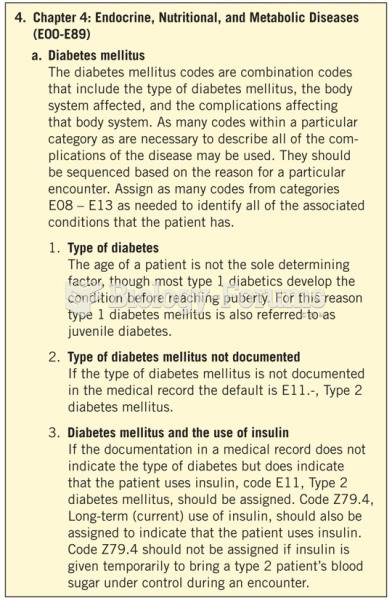|
|
|
Complications of influenza include: bacterial pneumonia, ear and sinus infections, dehydration, and worsening of chronic conditions such as asthma, congestive heart failure, or diabetes.
Nearly all drugs pass into human breast milk. How often a drug is taken influences the amount of drug that will pass into the milk. Medications taken 30 to 60 minutes before breastfeeding are likely to be at peak blood levels when the baby is nursing.
The average office desk has 400 times more bacteria on it than a toilet.
Hippocrates noted that blood separates into four differently colored liquids when removed from the body and examined: a pure red liquid mixed with white liquid material with a yellow-colored froth at the top and a black substance that settles underneath; he named these the four humors (for blood, phlegm, yellow bile, and black bile).
A seasonal flu vaccine is the best way to reduce the chances you will get seasonal influenza and spread it to others.
 Several species of squirrels have melanistic phases. In large parts of United States and Canada, the
Several species of squirrels have melanistic phases. In large parts of United States and Canada, the
 Peptic ulcer. A peptic ulcer may occur in the stomach (gastric ulcer), as shown here, or in the duod
Peptic ulcer. A peptic ulcer may occur in the stomach (gastric ulcer), as shown here, or in the duod





